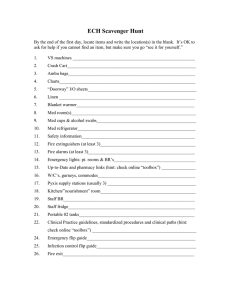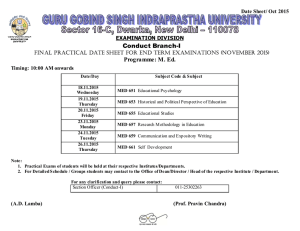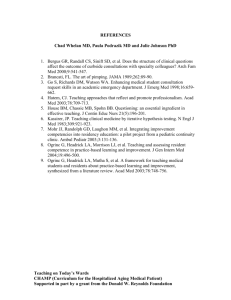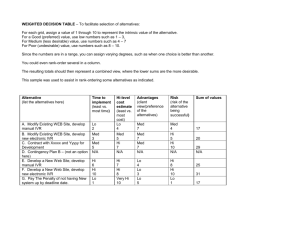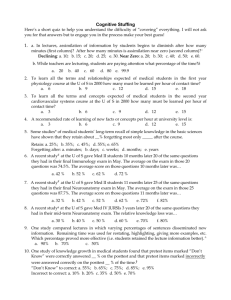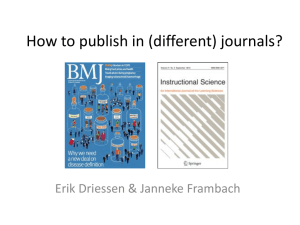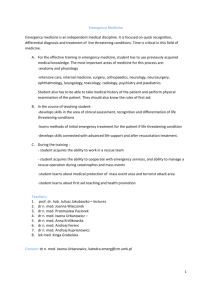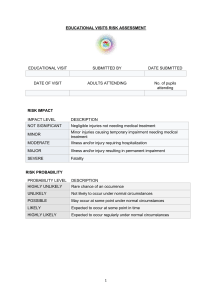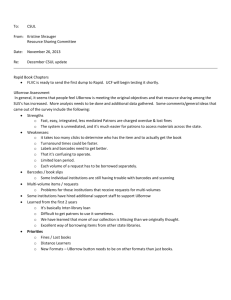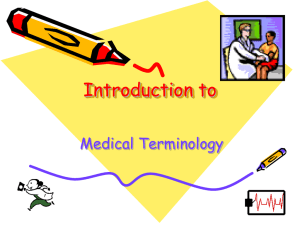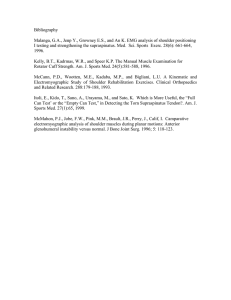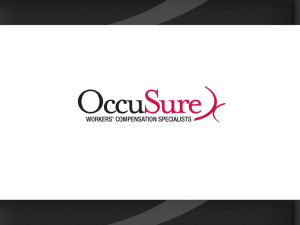Advice for the Integrated Pathway (IP)
advertisement
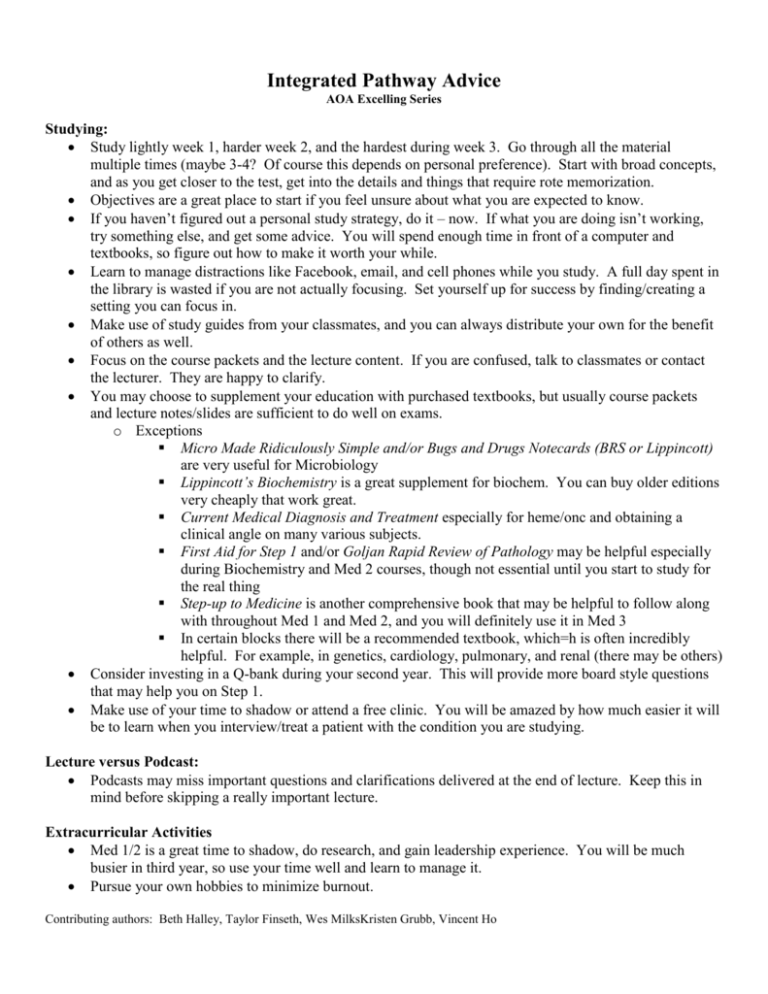
Integrated Pathway Advice AOA Excelling Series Studying: Study lightly week 1, harder week 2, and the hardest during week 3. Go through all the material multiple times (maybe 3-4? Of course this depends on personal preference). Start with broad concepts, and as you get closer to the test, get into the details and things that require rote memorization. Objectives are a great place to start if you feel unsure about what you are expected to know. If you haven’t figured out a personal study strategy, do it – now. If what you are doing isn’t working, try something else, and get some advice. You will spend enough time in front of a computer and textbooks, so figure out how to make it worth your while. Learn to manage distractions like Facebook, email, and cell phones while you study. A full day spent in the library is wasted if you are not actually focusing. Set yourself up for success by finding/creating a setting you can focus in. Make use of study guides from your classmates, and you can always distribute your own for the benefit of others as well. Focus on the course packets and the lecture content. If you are confused, talk to classmates or contact the lecturer. They are happy to clarify. You may choose to supplement your education with purchased textbooks, but usually course packets and lecture notes/slides are sufficient to do well on exams. o Exceptions Micro Made Ridiculously Simple and/or Bugs and Drugs Notecards (BRS or Lippincott) are very useful for Microbiology Lippincott’s Biochemistry is a great supplement for biochem. You can buy older editions very cheaply that work great. Current Medical Diagnosis and Treatment especially for heme/onc and obtaining a clinical angle on many various subjects. First Aid for Step 1 and/or Goljan Rapid Review of Pathology may be helpful especially during Biochemistry and Med 2 courses, though not essential until you start to study for the real thing Step-up to Medicine is another comprehensive book that may be helpful to follow along with throughout Med 1 and Med 2, and you will definitely use it in Med 3 In certain blocks there will be a recommended textbook, which=h is often incredibly helpful. For example, in genetics, cardiology, pulmonary, and renal (there may be others) Consider investing in a Q-bank during your second year. This will provide more board style questions that may help you on Step 1. Make use of your time to shadow or attend a free clinic. You will be amazed by how much easier it will be to learn when you interview/treat a patient with the condition you are studying. Lecture versus Podcast: Podcasts may miss important questions and clarifications delivered at the end of lecture. Keep this in mind before skipping a really important lecture. Extracurricular Activities Med 1/2 is a great time to shadow, do research, and gain leadership experience. You will be much busier in third year, so use your time well and learn to manage it. Pursue your own hobbies to minimize burnout. Contributing authors: Beth Halley, Taylor Finseth, Wes MilksKristen Grubb, Vincent Ho
